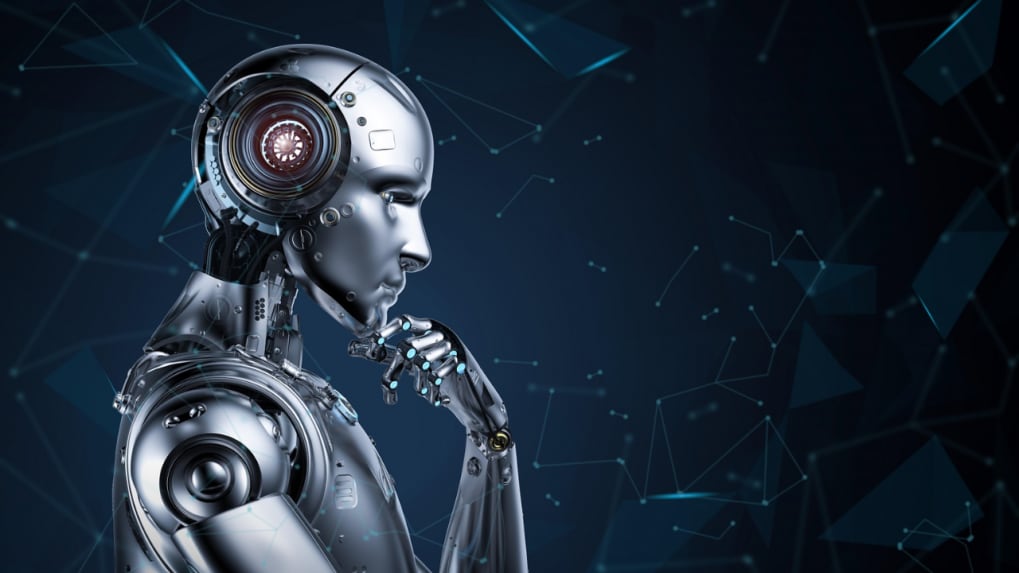92% say deploying AI-generated code without human review poses risks: Canva
All CIOs surveyed in India report using AI-assisted coding tools, with 94% of developers relying on them every day. Adoption is set to accelerate further, as 84% expect their organization’s use of AI coding to increase significantly over the next 12 months, with productivity gains cited by 72% as the primary driver.
ADVERTISEMENT
Canva, has released new insights from 300 technology decision makers across North America, Europe and Asia-Pacific, revealing that while AI-assisted coding is gaining significant momentum, technology leaders are equally aligned on the importance of pairing AI with human oversight — ensuring code is rigorously reviewed and quality-controlled before reaching production.
The top India and global findings include:
AI adoption is nearly universal. All CIOs surveyed in India report using AI-assisted coding tools, with 94% of developers relying on them every day. Adoption is set to accelerate further, as 84% expect their organization’s use of AI coding to increase significantly over the next 12 months, with productivity gains cited by 72% as the primary driver.
Thoughtful use required. AI is emerging as a powerful catalyst in enterprise software engineering. Rapid prototyping, exploration of new ideas, and generating first drafts of code are proving especially valuable, helping teams move faster, innovate more freely, and reduce the cost of iteration. At the same time, tech leaders emphasize the need for thoughtful use: 92% flagged potential risks when deploying AI-generated code without sufficient review, pointing to the need for guardrails around maintainability, security, and quality.
Human-in-the-loop is critical. To maintain code quality, nearly all Indian leaders (98%) say AI-generated code is always or often reviewed before merging. This robust peer review culture highlights that while AI can generate code in seconds, human judgment remains the essential gatekeeper to production. Governance structures reinforce this oversight, with majority (72%) placing responsibility at the CTO and CIO level.
The developer skill profile is evolving. Ninety-eight percent believe AI tools are transforming developer skillsets, with 100% comfortable with them being used in technical interviews. Yet this enthusiasm is tempered by caution: 28% cite over-reliance on AI without developer accountability and another 28% cite security and compliance exposure as their top concerns, while one in five (20%) worry that junior engineers may see their development stunted. These concerns highlight the importance of training that ensures developers not only adopt AI tools but also use them with discernment and accountability.
"AI in engineering is a real disruptive change that can’t be ignored,” said Brendan Humphreys, CTO, Canva. “When paired with human judgment and expertise, it unlocks significant benefits — from rapid prototyping to faster development cycles and greater productivity. The engineers who will thrive in this new era are adopting AI to enhance their thinking and output, not replace it. They’re bringing creativity, critical thinking, and a deep sense of ownership. That’s how organizations will move fast, innovate, and build responsibly."
Read More:Google’s search dominance challenged as 55% turn to AI for answers

